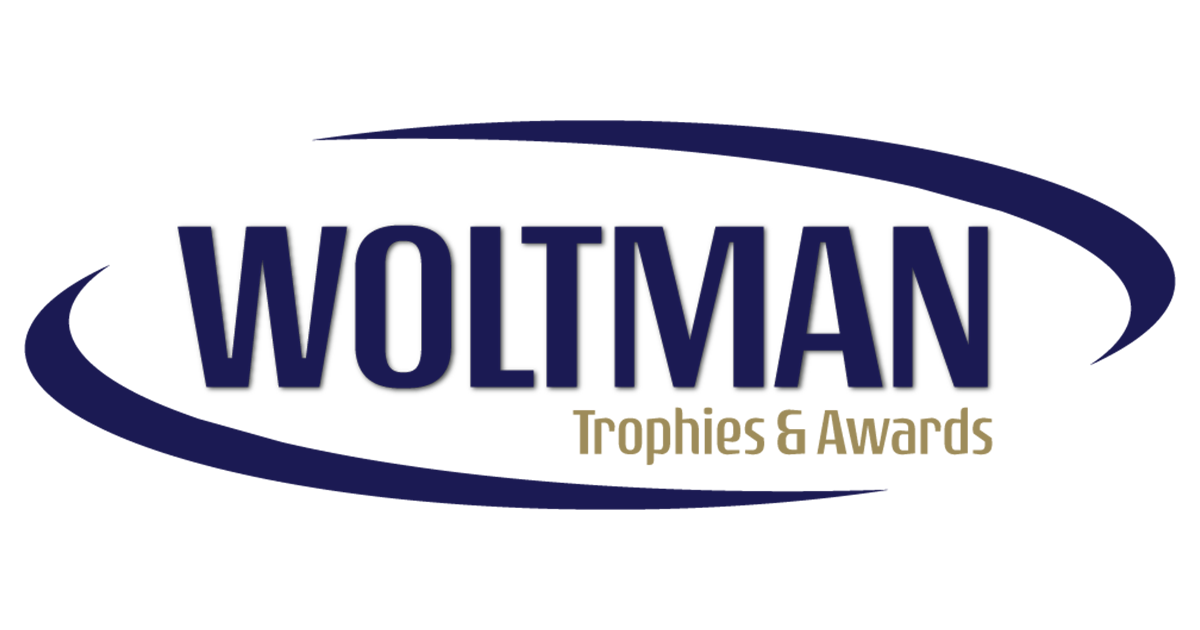The Benefits of Employee Recognition
The simple truth is that employees who are engaged and feel valued will be more productive, as well as stay longer with the organization that recognizes their work. So where does this recognition start and what does it look like?
Yearly dinners or holiday parties are a great start, but recognition needs to happen regularly and in a visible way. It should also take many forms, from verbal shout-outs to tangibles like bonuses, prizes, or awards. This is more than offering financial incentives; it’s also about building a culture from the top down. Consider a few of the many benefits of this approach:
Employee engagement: Recognition programs let employees know they matter, and in turn, act as a tool to keep employees invested, boost retention rates, and create more successful and optimized business workflows.
Communication: While performance reviews are one way for managers to give feedback, they’re often time-consuming and can be anxiety-inducing for employees. Recognition programs offer more moments for acknowledgment.
Team building: Public employee recognition helps strengthen team relationships and can catch on quickly. When colleagues recognize each other, they build a support network for workplace collaboration and innovation.
Productivity: By implementing recognition programs to boost engagement and happiness, research shows that you can also increase employee productivity by 31% — that’s a big return on investments.

This culture of recognition starts from the top down, with decision-makers buying into the initiative. Make a case with leaders about how a program can help the entire organization meet and exceed goals. Once you get the green light, appoint someone (preferably with a human resources background) to manage the program. They’ll be able to best choose the right way to develop this program based on the organization’s vision and culture.
These managers will need to tap into their HR skills to set goals. They should be measurable, specific, relevant, and achievable, and inclusive to the entire staff, regardless of their job responsibilities or description. What, who, why, and when should recognition be acknowledged? The answer to these questions will help define goals, along with the policies and procedures that go along with reaching them.
Budget is also an important factor to consider. Research shows that investing just 1% of payroll funding into a recognition program can boost engagement by 85%. Working with trusted vendors to create tools like physical awards means your budget stretches even further while still ensuring you get high-quality results.

Participating in employee recognition programs shouldn’t be another task to add to employees’ to-do lists. It should be gamified to make things fun and ultimately fair for everyone to join in and get rewarded. Send internal education to update and educate everyone about the program’s rules; it will improve the odds they’ll buy-in. Additionally, you can keep things fresh by offering these out-of-the-box ideas:
Food: Team lunches, coffee deliveries, and even cake to celebrate is a tried-and-true way to express gratitude for a job well done
Parking: Who doesn’t love a spot steps from the front door that proudly displays an “Employee of the Month” sign?
Time off: An extra day off here and there can not only help work-life balance, but it’s also a valuable reward for all employees.
Custom awards: This can be as formal (or informal) as you choose, down to something as fun as an award for who has the best Zoom background.
Emails: A quick email from “the boss” with a note of appreciation can mean a lot to the team member who has successfully completed a project or closed a sales deal.
Charitable donations: Donate to an employee’s favorite cause in their name to mark the occasion of their achievements.
Virtual happy hour: Schedule time for an online celebration after work hours to increase socialization and visibility when teams are working remotely
Shoutouts: Share recognition on business social media accounts along with a picture of the stellar employee and information about their work.
Make sure that recognition programs are working by seeking regular feedback from the team. Are they having fun? Do the rewards make them feel valued and good about their contribution to the organization? Is there anything they would like to add to the program? Keep the conversation going so they’ll stay engaged. When you’re looking to support changes in your organization that correlate directly with your bottom line, you can’t go wrong with employee recognition programs.
The post The Benefits of Employee Recognition appeared first on Woltman Trophies & Awards.



